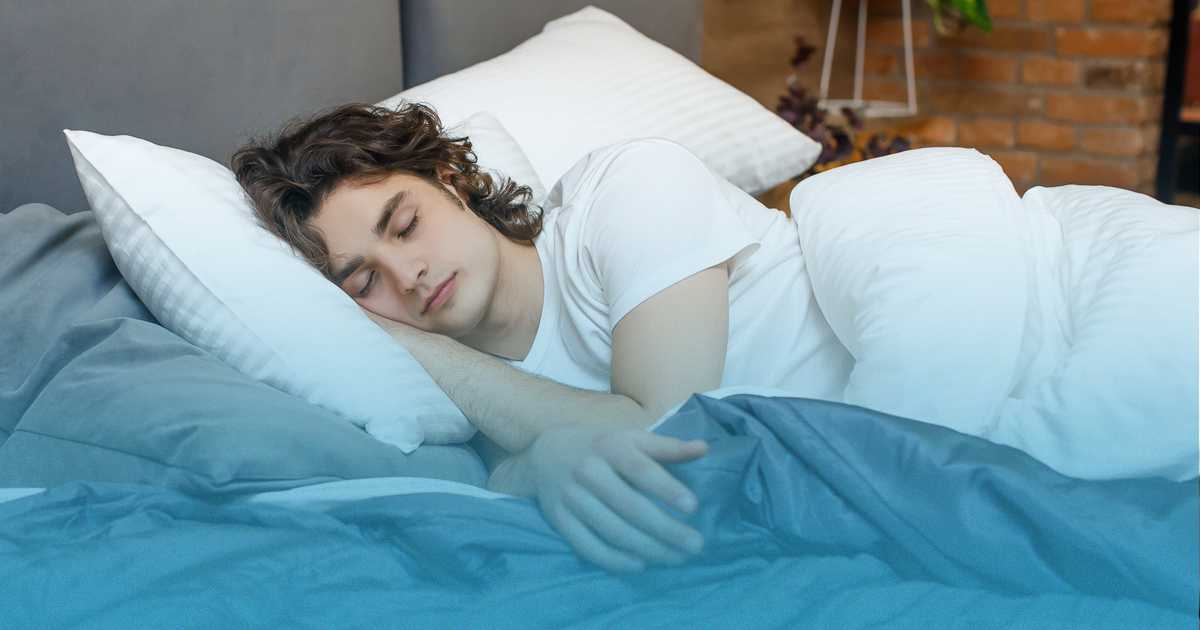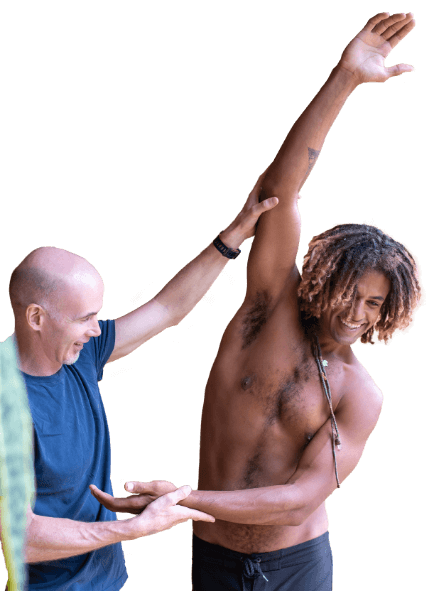
Sleep is an essential component of our lives that we cannot afford to overlook. Despite this, many of us have disrupted our sleep patterns and end up regretting the long-term consequences. The impact of insufficient sleep can be profound, affecting our physical and mental health in numerous ways.
As most of us can relate, lack of sleep can immediately affect mood, energy levels, and the ability to focus. According to a study by the American Academy of Sleep Medicine, sleep deprivation can significantly increase stress levels, making it difficult to manage daily challenges. This is because insufficient sleep disrupts stress hormones, impairing cognitive functions. So far, our societal solution is to medicate with coffee. It’s not really a long-term fix, is it?
I can personally attest to the importance of sleep. Once, during a particularly hectic week at work, I found myself surviving on just a few hours of sleep each night. My stress levels skyrocketed, and simple tasks like remembering my phone number became challenging. It was a stark reminder of how crucial a good night’s sleep is to mental clarity and made me wonder how doctors, first responders, and politicians actually function with such little sleep.
In an upcoming podcast, I interviewed the inventor and sleep expert Tara Youngblood, and she reminded me about our body’s natural temperature changes during sleep. Keeping cool is something that has eluded me in hot countries until I tried her Ooler sleep system. Which is essentially a water-cooled mattress topper. On a double bed, the system can be programmed to keep one side warm and the other cool, which is perfect for couples with different body temps at night. You’ll be able to listen to the entire podcast soon when it goes live.
Body temperature isn’t the only thing we can manage to improve sleep. Here are six tips to improve your sleep and strengthen your immunity as well:
Sleep is vital for our health and well-being. By understanding the effects of sleep deprivation and taking steps to improve our sleep patterns, we can enhance our overall quality of life. So, prioritize your sleep, and your body and mind will thank you.
If you want help unraveling the complexities of sleep and how you can improve it, let’s talk about your specific situation. Please get in touch with me via the Contact Us page, and we’ll see if we can make ”your lifestyle your medicine.”
Reference: American Academy of Sleep Medicine. (n.d.). Sleep Deprivation and Deficiency. Retrieved from https://aasm.org/sleep-deprivation-and-deficiency.

Over the last 10 years Ed has been building a YouTube library to help people manage their own pain or movement limitations and increase performance through exercise. He regularly adds videos so be sure to subscribe and visit regularly


"Oh My Gosh- I am ALREADY feeling relief after a few days! I used to wake up 2-3 times a night with shooting pain that anti inflammatories couldn't touch. Now I have been waking up just because I want to notice what it feels like to lay in bed pain free- THANK YOU!."

"When I first started with your program I was experience a lot of pain. Walking was difficult. I had to stop and catch my breath every few minutes and lean against a wall for support. Now when I walk with my husband we go for over an hour. I never had to sit down and stop...and, hardly any pain!!! 😊😊 I can’t thank you enough."
Frustrated that you aren't recovering fast enough?
Discover how to heal from illness and injury using movement, food and lifestyle.